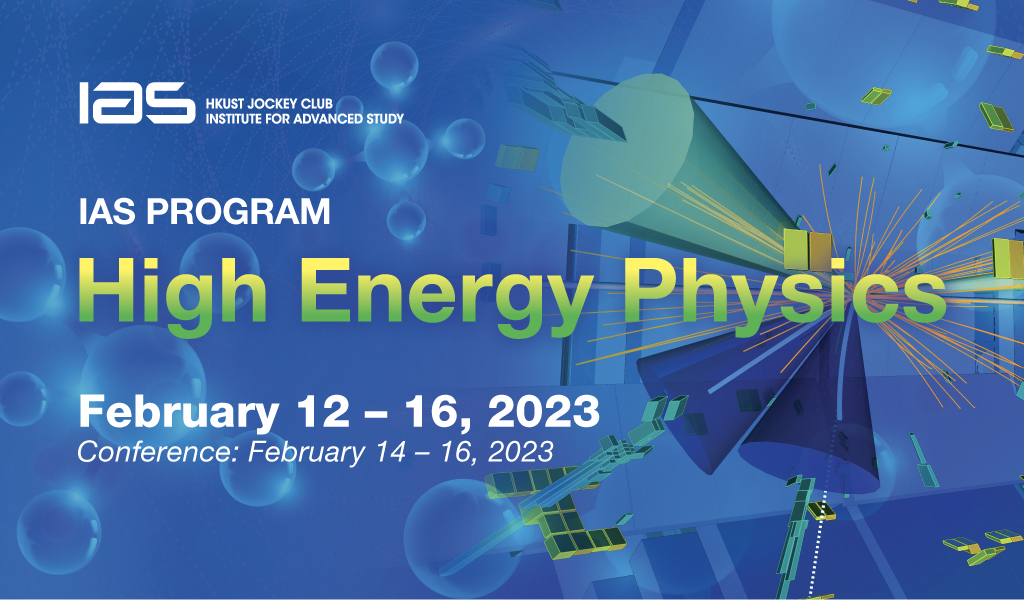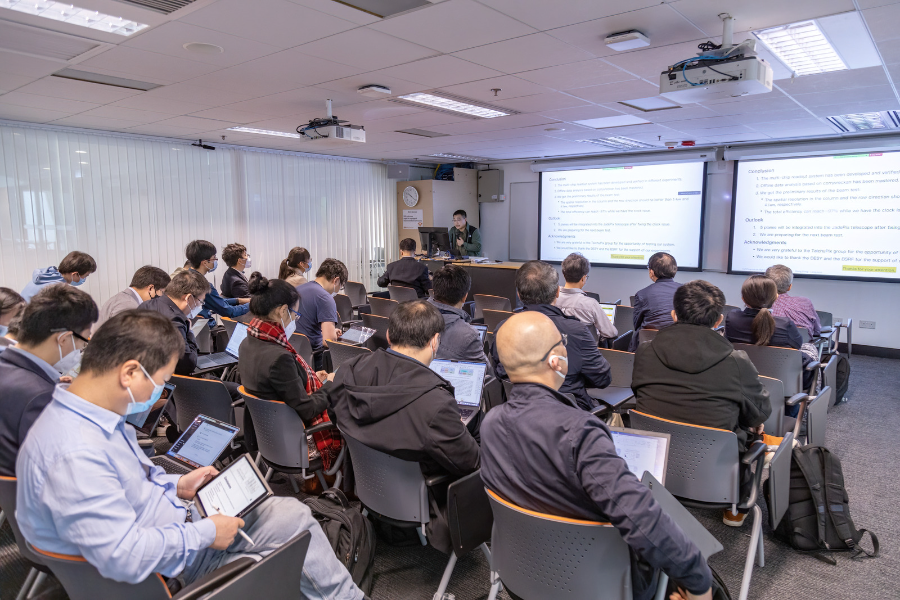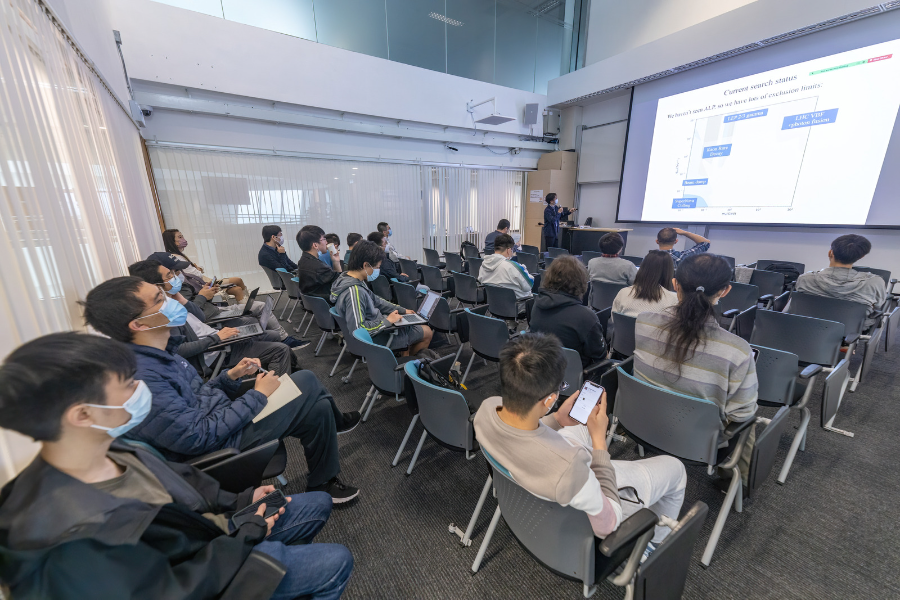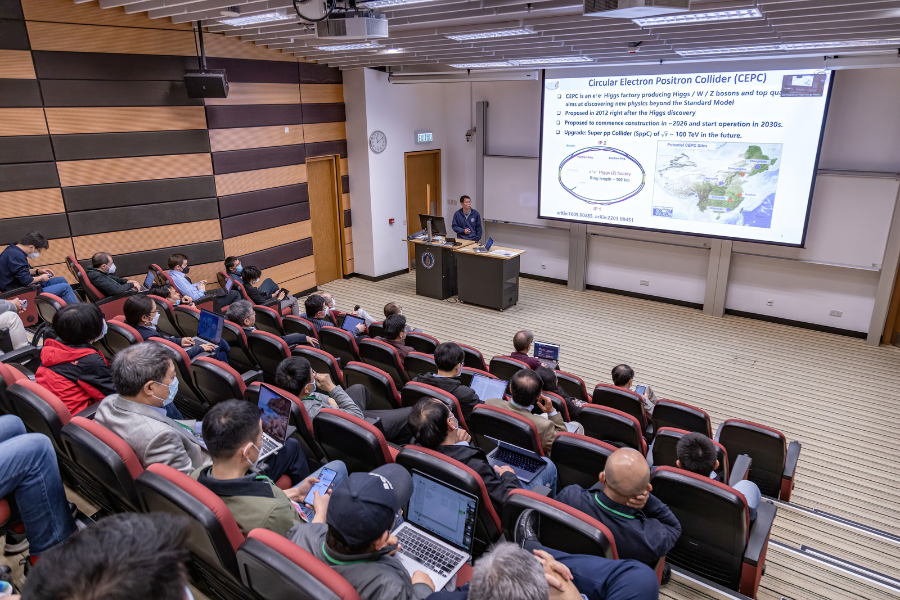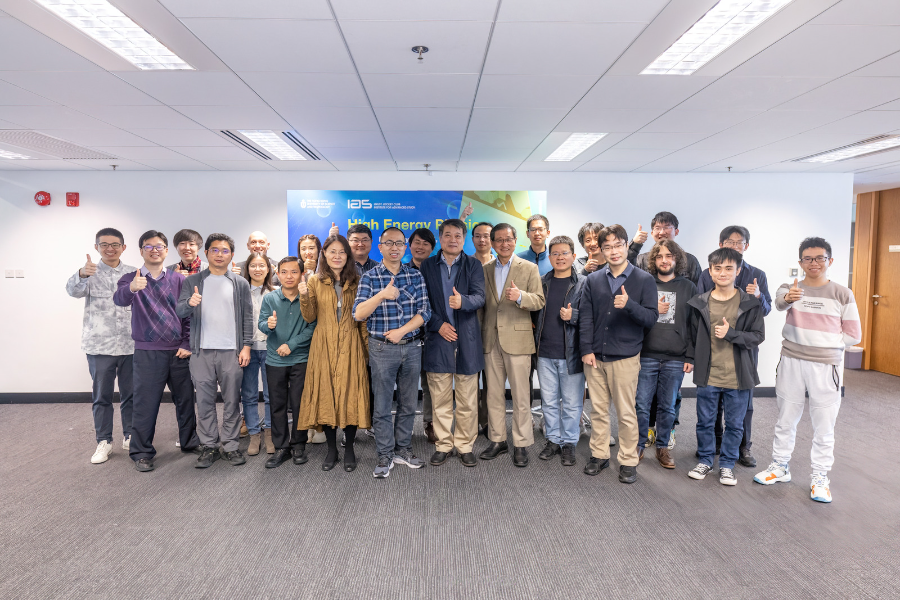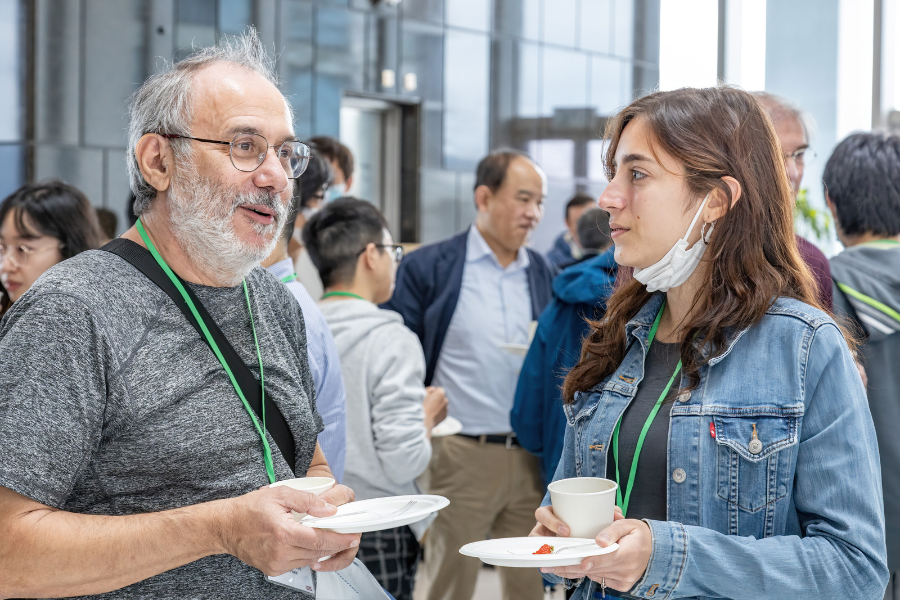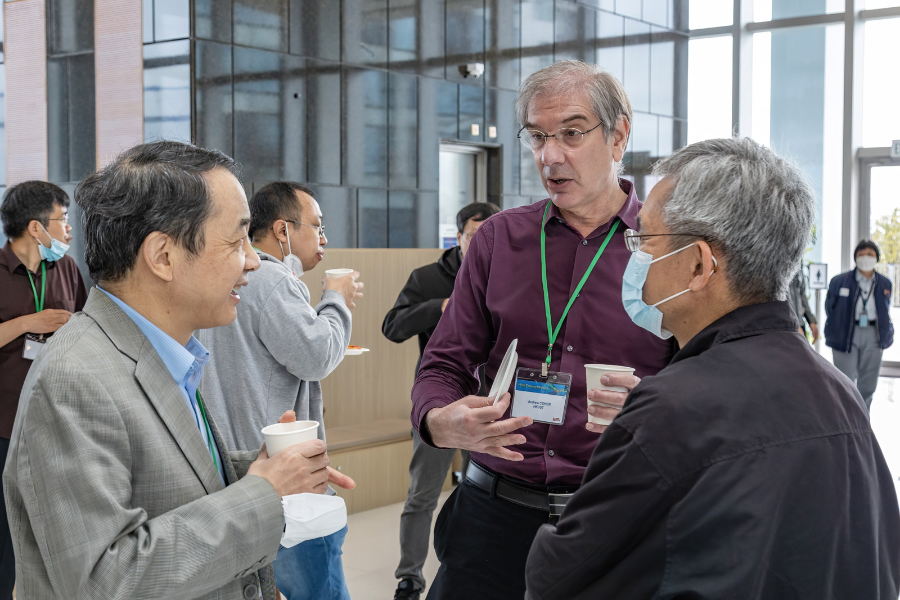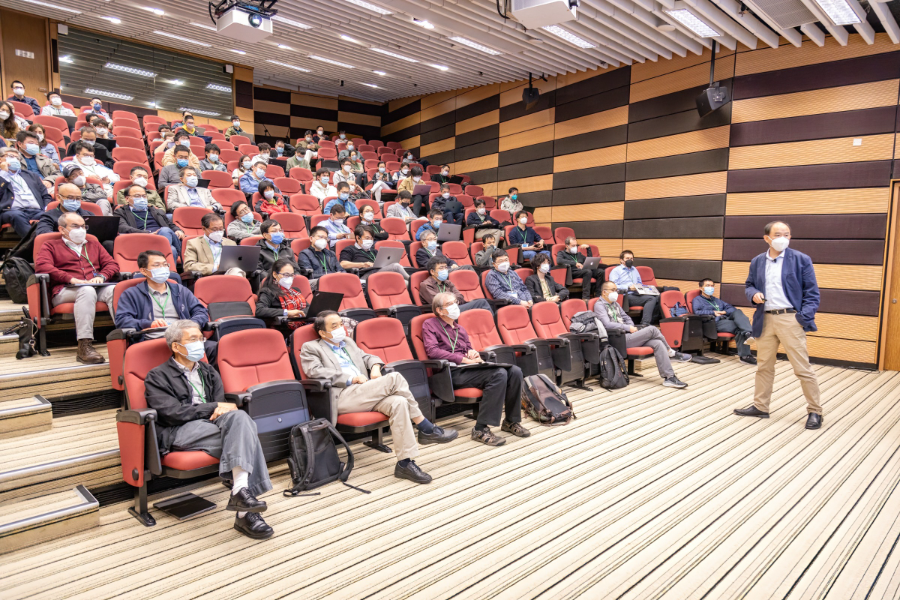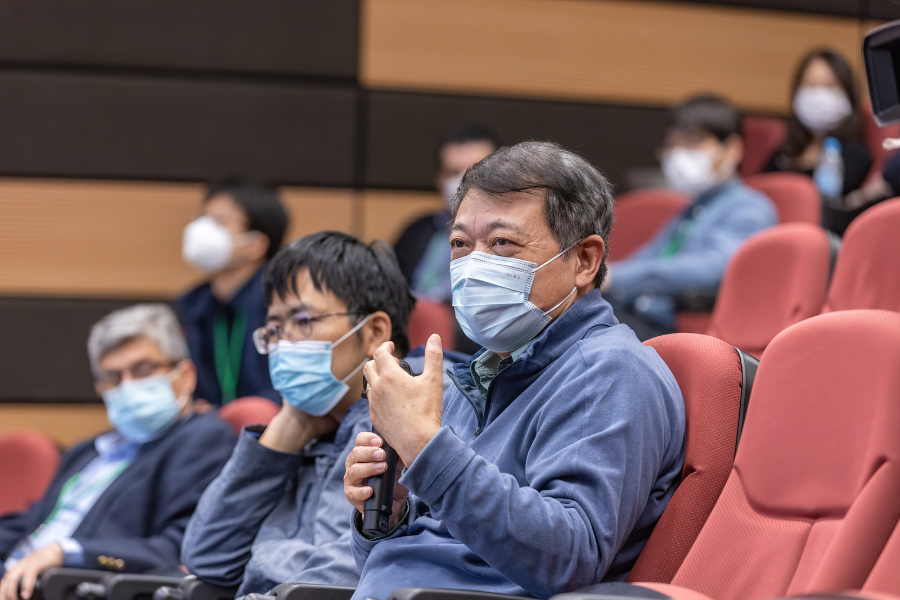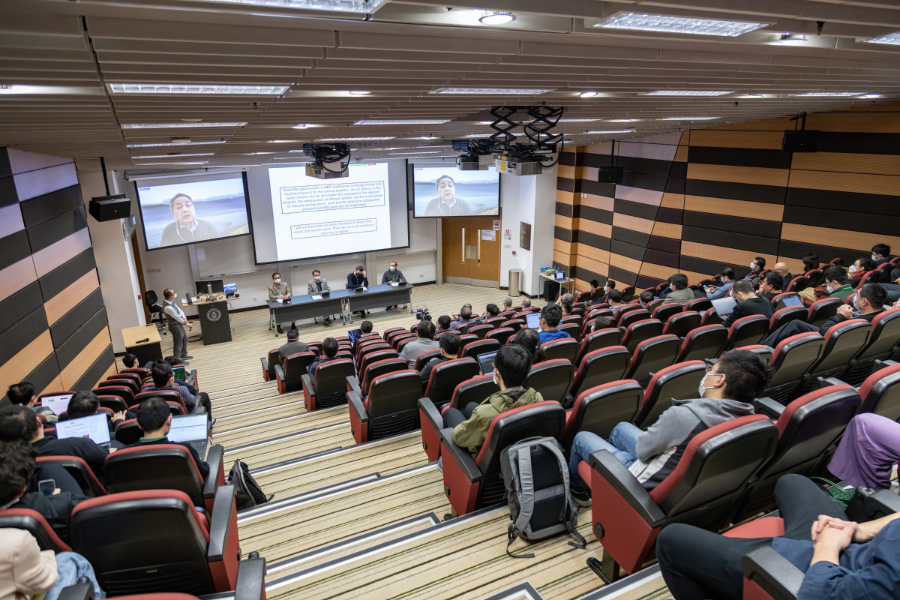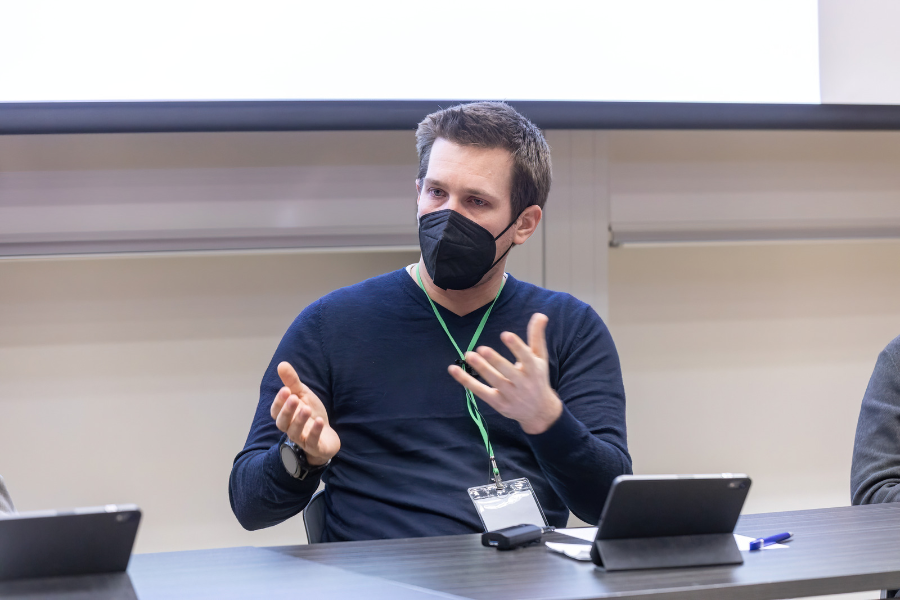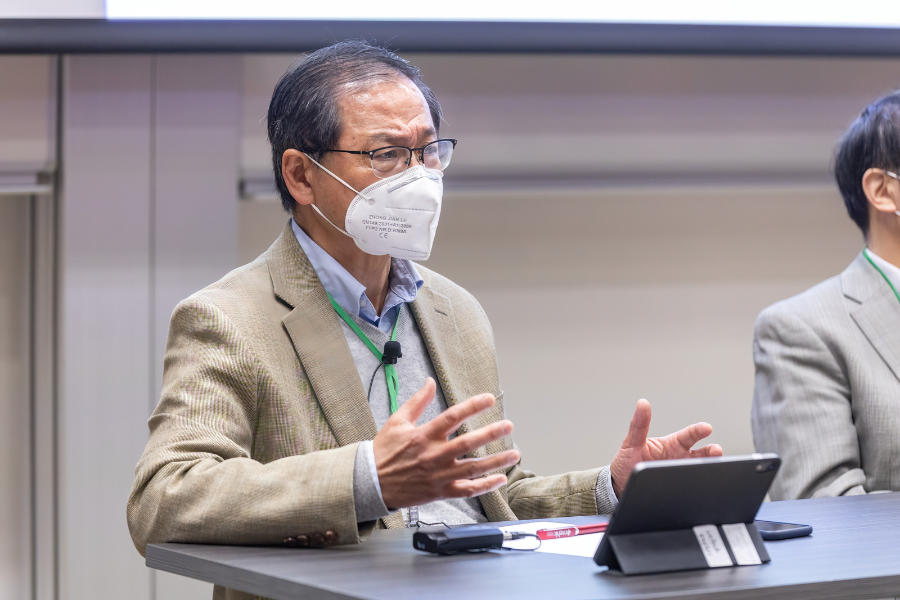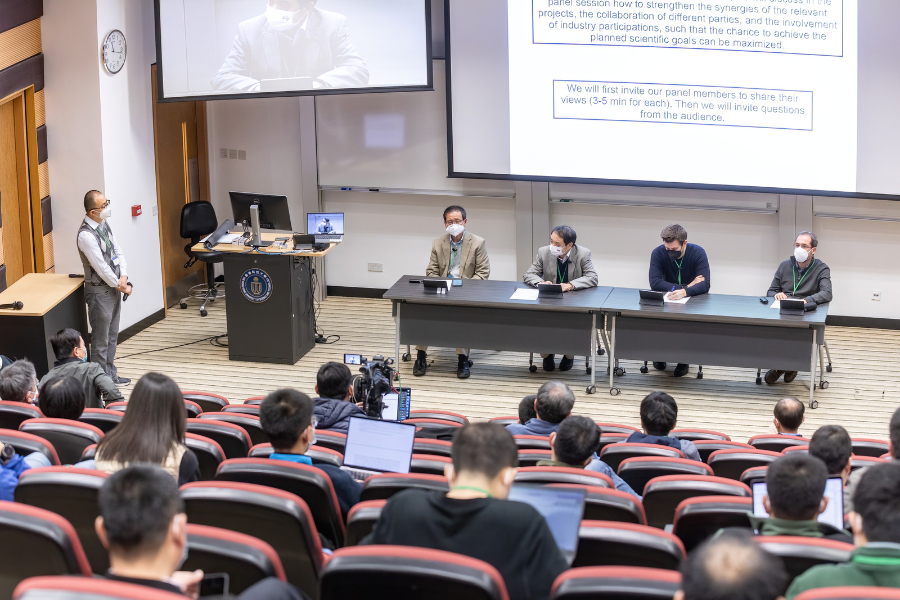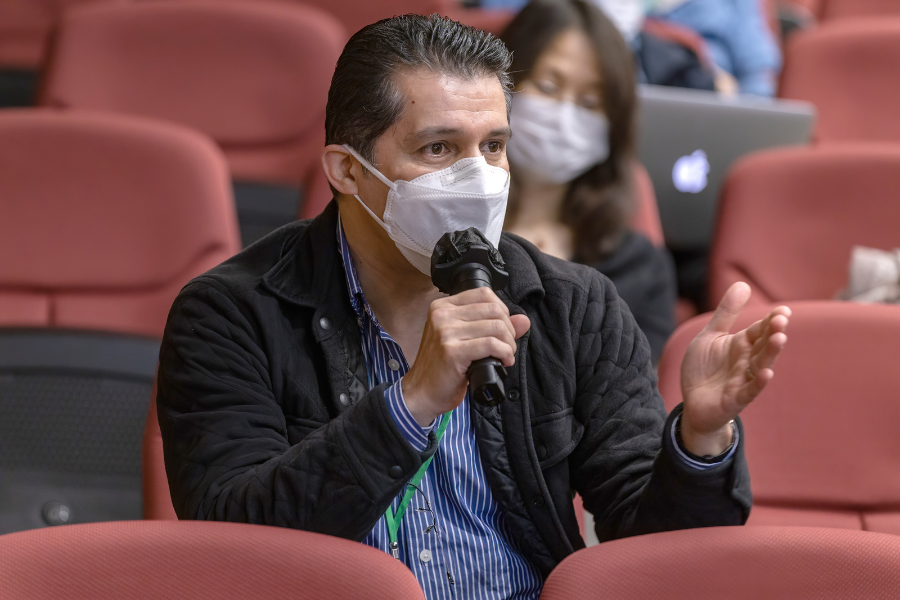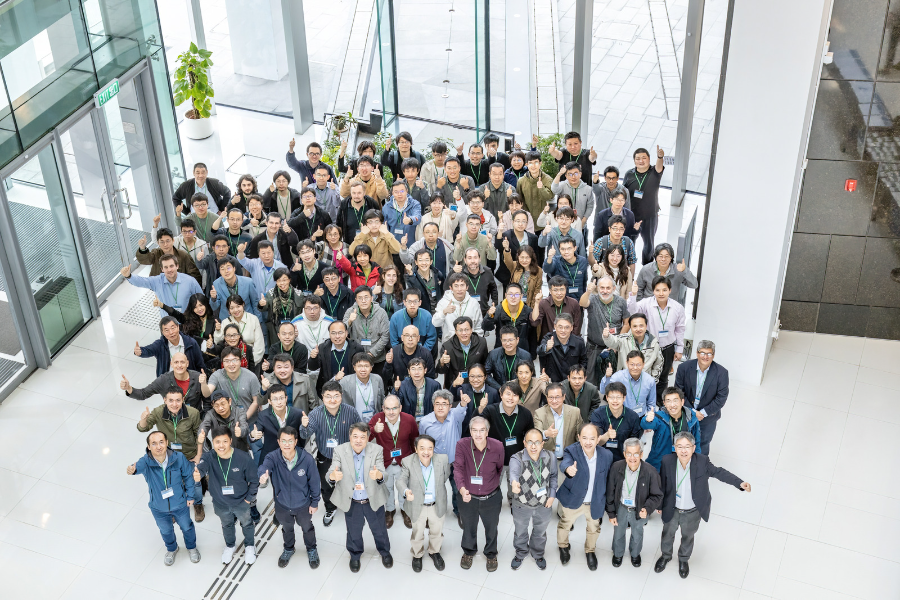High Energy Physics (2023)
Mini-Workshops in Theory & Experiment and Detector: February 12-13, 2023
Conference: February 14-16, 2023
Program Website
https://ias.hkust.edu.hk/hep/2023
Overview
Mini-workshops:
Experiment / Detector – Title is to be confirmed
Details will be available in due course.
Theory – High-Energy Physics at Low-Energy Scale Collisions
Physics at high-energy scales could be manifested as rare processes and tiny effects at low-energy scales. The representative physical cases include, e.g., rare decays of hadrons, charged lepton flavor violation, axion-like particles, light dark matter, neutrino physics, long-lived particles, etc. Their measurements thus may provide a deep insight into the underlying physics to resolve fundamental problems in particle physics and cosmology. Motivated by this consideration, various ultra-sensitive experiments in high-intensity environment have been conducted or proposed so far, including the planned runs of future lepton colliders at low-energy scale. To take full advantages of these opportunities, however, efforts must be taken to develop finer instrumentation, more advanced data-analysis strategies, and more diverse observable designs. These efforts will form a complementarity to the direct searches of fundamental physics in high-energy scale particle collisions. In this mini-workshop, we would bring together the colleagues working on these areas to report recent research progress, exchange new ideas, stimulate relevant discussions and create potential collaborations.
Conference:
After the discovery of the Higgs boson, the main objectives of high-energy physics are the precise measurement of Higgs properties and searches for new physics. These objectives strongly motivate the construction of next-generation experimental facilities such as e+e- Higgs factory and 100TeV pp collider or muon collider.
The Higgs boson plays a crucial role in explaining spontaneous electroweak symmetry breaking and the mass generation of the known fundamental particles. It is thus important to measure precisely the Higgs-gauge couplings, the Higgs-Yukawa couplings and the Higgs self-couplings. A future Higgs factory would achieve such a goal significantly better than the LHC. Such precise measurements also provide an indirect probe for new physics that alters the Higgs properties.
Addressing fundamental puzzles in nature such as hierarchy problem, dark matter, etc. results in expectation that new physics should emerge at the TeV scale or above. A higher energy machine like new pp collider or muon collider will be crucial for directly exploring new physics and the properties of any to-be-discovered particles at the LHC.
This High Energy Physics (HEP) program in Hong Kong started in 2015. The objective of this program is to bring theorists, experimentalists and accelerator physicists together, to stimulate discussions and exchange thoughts on the future collider programs. After being held virtually in 2020 and 2021 due to the COVID-19 pandemic, this program is on the way back to normal. In 2023, we will take a hybrid mode. However, we strongly encourage people to attend this program in person. About the talk arrangement, we will give a priority to in-person participants. As part of this HEP program, a three-day conference will be held during February 14 - 16, 2023. Before that, two two-day mini-workshops focusing on theory and experiment/detector respectively, will be organized on February 12-13. It is also hoped that some white papers for the particle physics community documenting the physics goals, options of future colliders, and the reach of the related experiments could be released.
Registration
Please refer to https://indico.cern.ch/event/1215937/registrations

